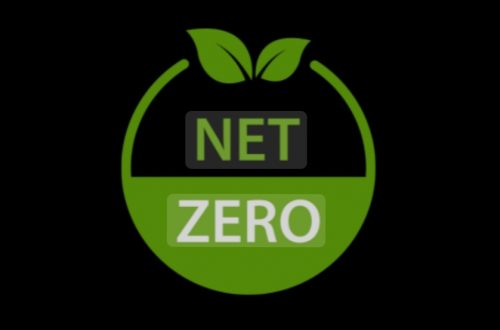
Palestinian Authority President Mahmoud Abbas must regret the failure of Avigdor Lieberman’s Yisrael Beteinu to get Balad, the nationalist party in the Israeli Arab sector, banned from the Knesset elections earlier this year. Balad party head Jamal Zahalka is now openly calling on Abbas to resign.
Judge Richard Goldstone’s report on Israel’s operation against Hamas in Gaza is at the center of the controversy. To advance the Israeli-Palestinian peace process, the United States persuaded the Palestinians to ask the UN Human Rights Council to defer until March 2010 a vote on the Goldstone report. Not a perfect solution for Israelis, who would prefer to see the report buried forever. Nor for the Palestinians who want the HRC to refer the report to the UN Security Council and the International Criminal Court in their ongoing campaign to use every possible international organization forum available to assault and condemn Israel.
The apparent compromise scored two points for Washington. First, it gave apparent vindication to the Obama administration’s decision to successfully return to the HRC as a full member. Second, it enhanced President Obama’s commitment from day one of his presidency to make real progress towards a negotiated resolution of the Israeli-Palestinian conflict.
But in the Middle East, change we can believe in does not come easy. The backlash from Palestinians, especially the Hamas government ruling Gaza, but also Abbas’s own Fatah colleagues, created a firestorm of outrage. The Palestinian leader has been backtracking from his commitment to Washington faster than a spinner cyclist pedaling in reverse at the gym. And just like those stationary bikes, there is a lot of motion in Ramallah but no movement in any particular direction. In his televised address on Sunday, Abbas delivered conflicting messages to the Palestinians. On the one hand, he defended his decision to defer the vote. On the other hand, he announced the PA envoy in Geneva will request an HRC vote on the Goldstone report.
Meanwhile, by joining the Palestinian chorus of fury over Abbas’s handling of the Goldstone report, Balad has distinguished itself as the first Israeli Arab political party to ever demand a Palestinian leader’s resignation. The reason,according to Zahalka, is Abbas’s “behaving shamefully vis-a-vis Israel and in the Goldstone report affair.” Although MK Zahalka serves in the Israeli parliament, and obviously does not vote in Palestinian elections, he nonetheless seems eager to appear more Palestinian than Yasser Arafat.
Balad occupies four of the 120 seats in the Knesset. That an ardently Arab nationalist political party can serve in the Knesset is testimony to the strength of Israeli democracy. This fact was at the heart of the Israeli Supreme Court decision to overturn the Central Elections Committee ban, thus allowing Balad to run last February, as it had done in prior Knesset elections.
Still, controversy has surrounded Balad since Azmi Bishara founded the party in 1995, and its first electoral success in the 1996 Knesset elections. Bishara’s parliamentary career was short-lived. An unauthorized visit to Damascus in 2006 and contacts with Hezbollah finally caught up with him. Two years ago, Bishara suddenly left Israel amidst an investigation into his alleged ties to Hezbollah. In April 2007, Bishara announced in Cairo his resignation from the Knesset.
MK Zahalka, Bishara’s successor at the helm of Balad, is continuing the party’s firebrand tradition in sharply criticizing the Israeli government. But, by entering the fray of Palestinian political debates and disputes, Zahalka, intentionally or not, may reinforce the perception Balad is innately beholden to groups that are Israel’s enemies.



